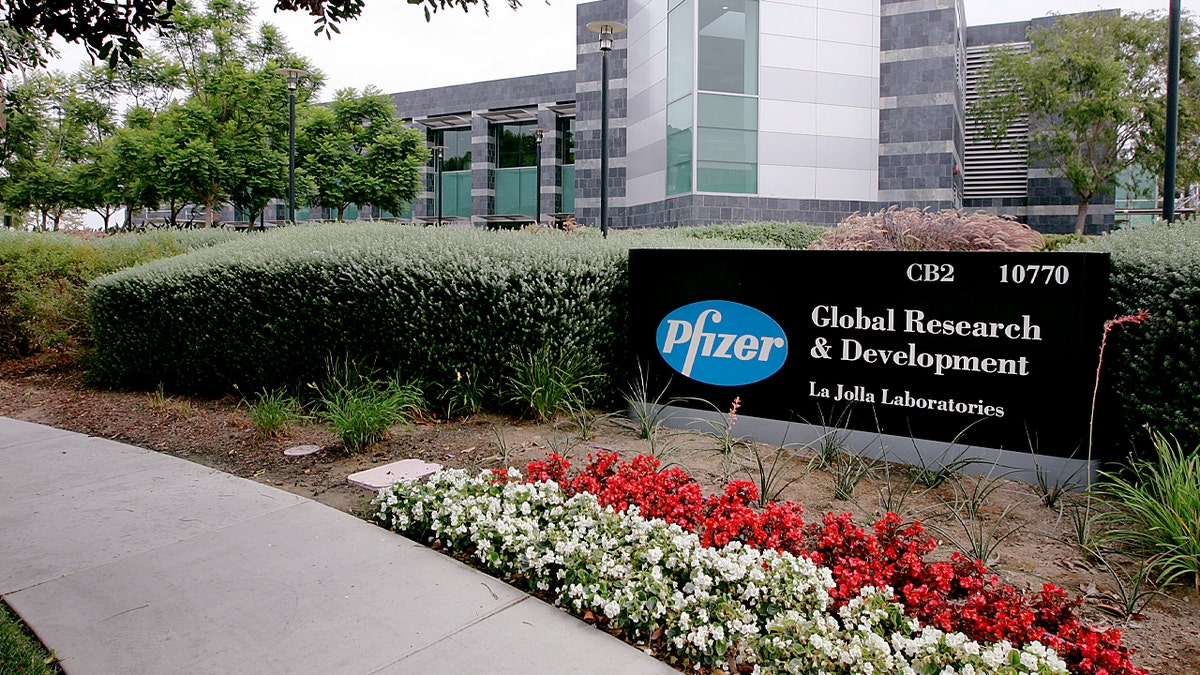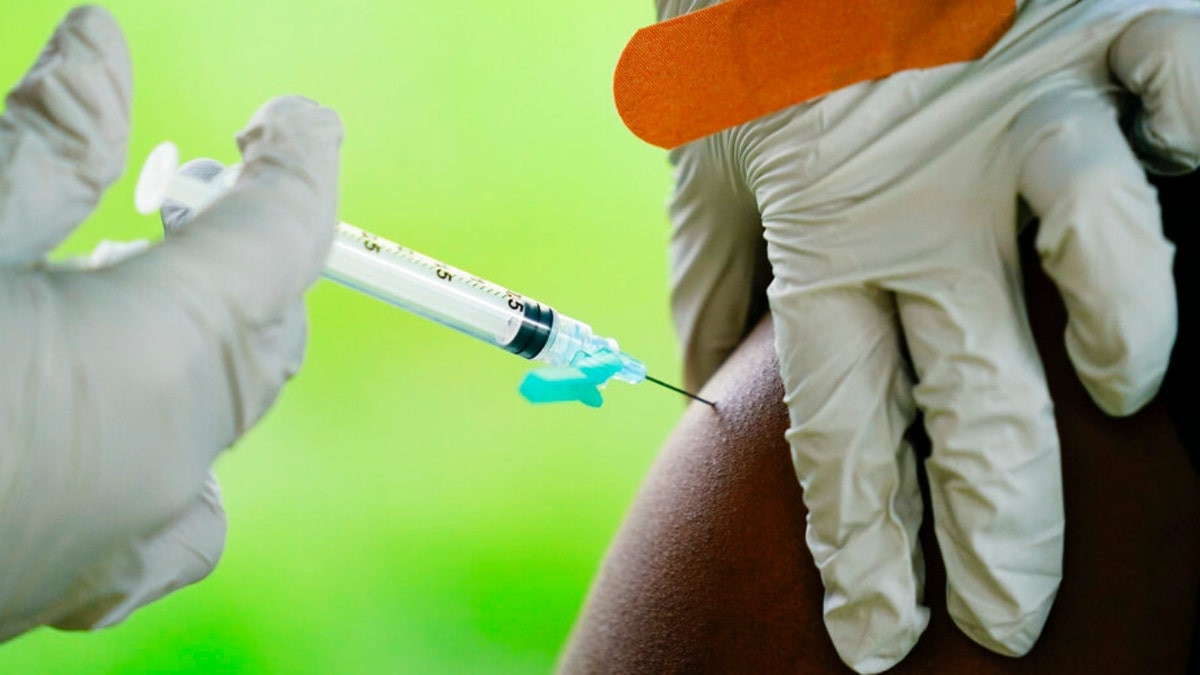Fox News Flash top headlines for June 1
Fox News Flash top headlines are here. Check out what's clicking on Foxnews.com.
Pfizer Inc. and partner BioNTech SE completed an application to the Food and Drug Administration to authorize emergency use of its three-dose COVID-19 vaccine for children 6 months to under the age of 5, according to multiple reports.
"Pfizer and BioNTech completed a rolling application to the U.S. Food and Drug Administration (FDA) for emergency use authorization (EUA) of the 3-µg [microgram] dose of the Pfizer-BioNTech COVID-19 vaccine for children 6 months through 4 years of age on June 1, 2022," the company said in release.
As of April 29, 10 young participants developed symptomatic COVID-19 within seven days after the third dose, so the study said the three-dose vaccine efficacy was approximately 80.3%, according to the press release.
The vaccine was deemed safe and well tolerated among children studied, but the company said the data is still preliminary because the trial protocol specifies at least 21 cases develop COVID-19 from seven days after the third dose before it completes its final review, the release added.

Dr. Manjul Shukla transfers a Pfizer COVID-19 vaccine into a syringe at a mobile vaccination clinic in Worcester, Mass. (AP Photo/Steven Senne, File)
SCHOOL MENTAL HEALTH CRISIS: 70% SEE RISE IN STUDENTS SEEKING TREATMENT SINCE COVID-19 BEGAN: STUDY
The FDA responded that it’s accepted the application.
"We recognize parents are anxious to have their young children vaccinated against COVID-19, and while the FDA cannot predict how long its evaluation of the data and information will take, we will review any EUA request we receive as quickly as possible using a science-based approach," the FDA said.
The agency is also reviewing Moderna’s request to allow its vaccine under emergency use for children under the age of 6, which was requested April 28.

View of the Pfizer Global Research and Development Laboratories in San Diego. (Sandy Huffaker/Corbis via Getty Images)
The FDA's independent advisory panel said it would hold a public hearing in mid-June to discuss the risks and benefits of both Pfizer's and Moderna's vaccines in younger children.
Moderna said its vaccine was 51% effective against asymptomatic and mild infection during the omicron surge among children aged 6 months to under age 2 and 37% effective for those aged 2 to 5, according to ABC News.
COVID, MENTAL HEALTH AND SCHOOLS: OUR KIDS ARE SUFFERING AND IT'S NOT ALRIGHT
Pfizer's vaccines are one-tenth an adult’s dose, while Moderna’s are one-quarter of its adult dose, per the news outlet.
But parents may be reluctant to race to vaccinate their young children.

A health worker administers a dose of a Pfizer COVID-19 vaccine during a vaccination clinic at the Reading Area Community College in Reading, Pa. (AP Photo/Matt Rourke)
Only 18 % of parents of children under the age of 5 are "eager" to vaccinate their children, with approximately four in ten parents of children under the age 5 opting to "wait and see" before having their children vaccinated, according to an April 2022 poll from the Kaiser Family Foundation.
Pfizer and BioNTech first requested authorization from the FDA in February to vaccinate the young children with a two-dose series. But after disappointing results, the companies added an extra dose to produce a more robust immune response, according to the Journal.
The FDA subsequently postponed its review to wait for the additional testing on the third dose.
"Our COVID-19 vaccine has been studied in thousands of children and adolescents, and we are pleased that our formulation for the youngest children, which we carefully selected to be one-tenth of the dose strength for adults, was well tolerated and produced a strong immune response," said Albert Bourla, chairman and CEO of Pfizer.
CLICK HERE TO GET THE FOX NEWS APP
"The study suggests that a low 3-ug dose of our vaccine, carefully selected based on tolerability data, provides young children with a high level of protection against the recent COVID-19 strains," added Dr. Ugur Sahin, CEO and co-founder of BioNTech.








































